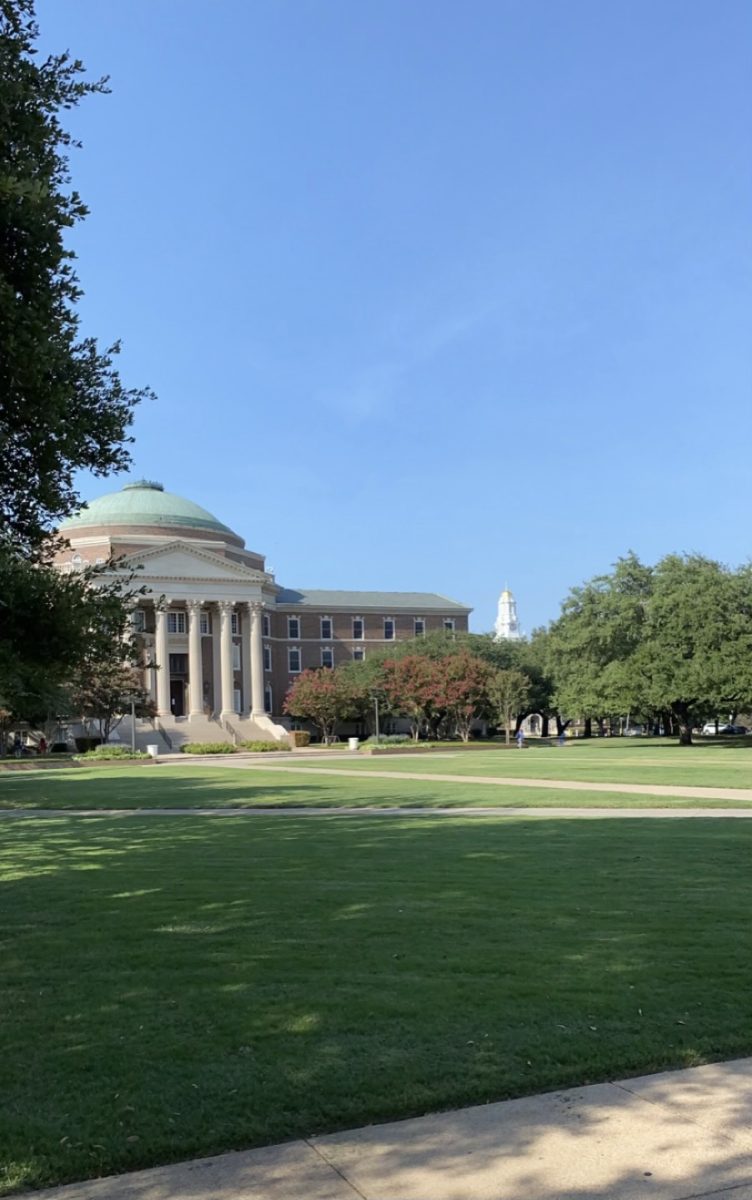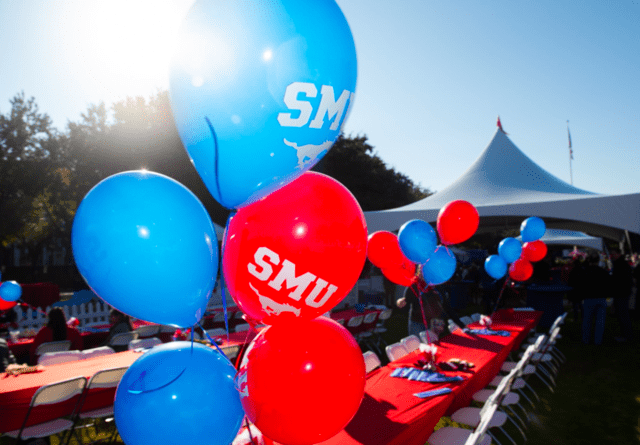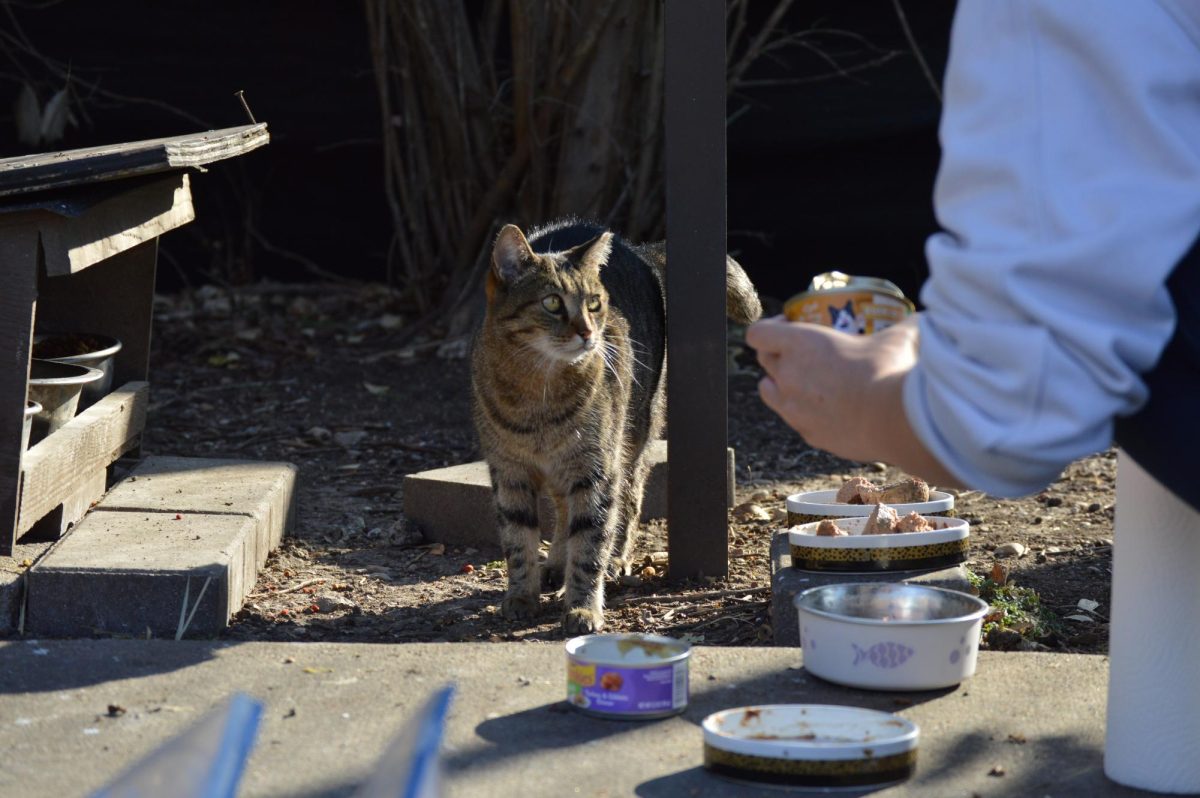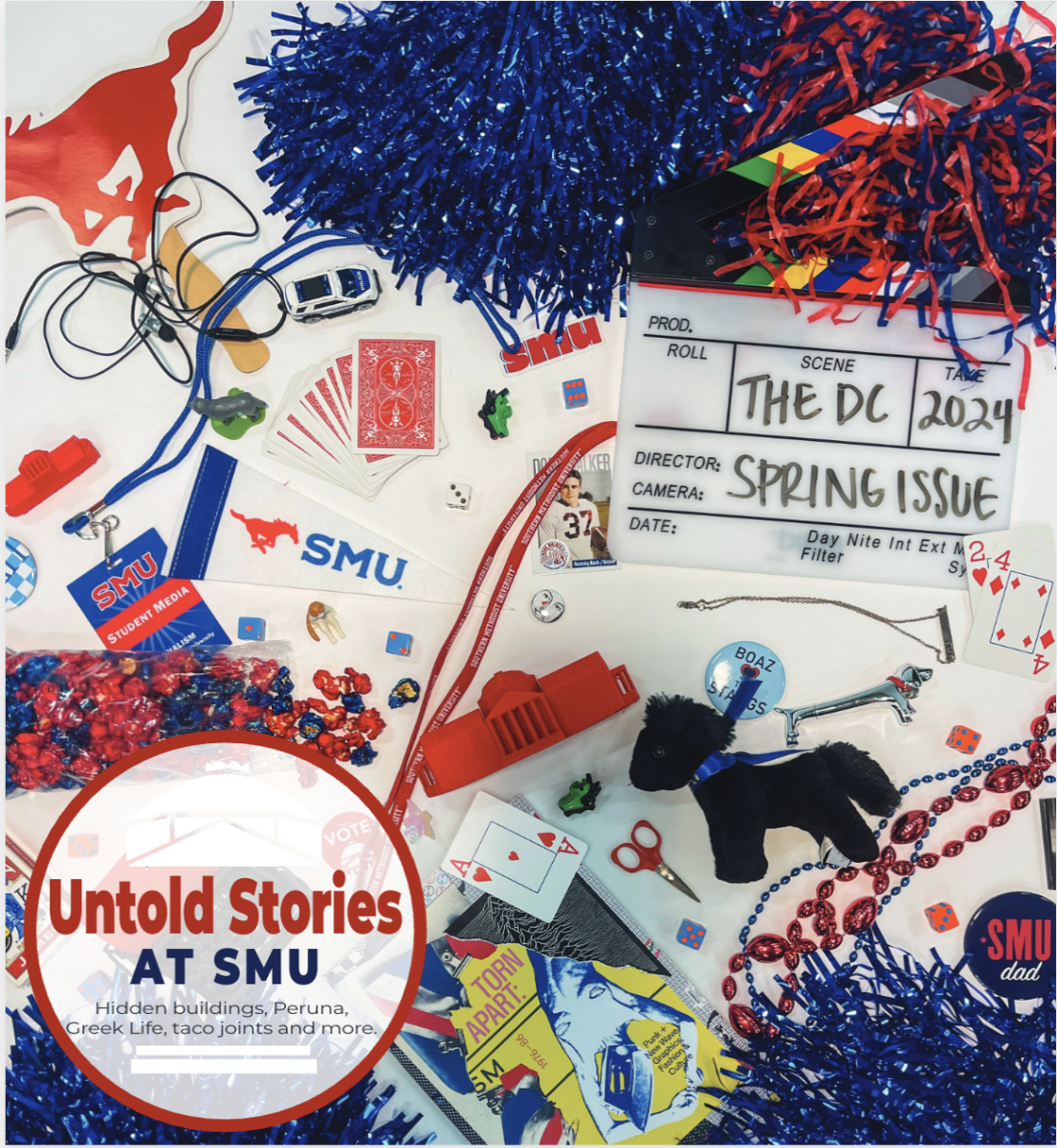Provost Elizabeth Loboa celebrated her third year at SMU in July. Her focus has been on the highest level of academic excellence in regard to the best faculty as she has provided new leadership in the academic affairs space from across the nation. She felt proud when SMU joined the ACC and is excited to be a part of a new conference not only from an athletic standpoint but an academic one. Provost Loboa claimed all the metrics surrounding a university’s student body are up and at the same time, SMU is more diverse now than ever.
In September, Provost Loboa was disappointed to learn that SMU had dropped 17 places in the U.S. News & World Report rankings. Private schools across Texas took a hit as well, dropping 13.8 spots on average.
Provost Loboa explained that it was not the fault of the university, but rather metric changes from the U.S. News & World Report. She said will not let the new rating deter her and her colleagues as she continues to push SMU into being an outstanding institution.
O’Gara: What was your initial reaction to the U.S. News & World Report rankings? How was the news broken to you?
Loboa: U.S. News & World Report sends universities embargoed information a couple of weeks in advance. We received this one set and we think ‘Oh my gosh,’ because 17 of the 19 metrics were changed. It was a complete revamp of how U.S. News & World Report does the rankings. So we get the ranking, and then we start digging into the information. We’re not going to share it until the embargo is released and then we get a different set of rankings. The day before, we’re having a board meeting, still working through things and trying to figure out what to do.
O’Gara: In your email to the school, you had said the ranking shifts clearly points to changes in the U.S. News’ rating formula rather than changes in academic quality. How do you feel that this formula is unfair for SMU, and universities like SMU, that were moved down in the rankings because of this?
Loboa: When we did the deep dive and understood how the rankings had been changed, it was just a realization of metrics not lining up. There’s some really important work that’s around social mobility that the rankings are really looking at. They question if we are bringing in a lot of Pell students. Are we bringing in first-generation and really focusing on that? Are we doing more scholarships for that now? I mean, three years ago, our first-year class was 9% Pell. This entering class was 13% Pell, but first-generation was brand new that they put in the ranking. The heavy impetus on social mobility was the big focus and again, important, but the other components that we believe are very important are those that I would say are some of the more traditional metrics of academic quality or some of those that are really just important to us as a private university.
O’Gara: What specific metrics were removed from the U.S. News & World Report rankings?
Loboa: The percentage of students in the top 10% of the high school class was taken out of the rankings. The percentage of faculty with terminal degrees was removed and for us, that’s critical. Another metric removed was the percentage of students borrowing money to complete a degree. We typically have a little over 21-22% of our students who graduate with any debt so that used to really show positively for us in the rankings, but that no longer matters. Two smaller, yet still important, metrics removed were average class size, to obtain a more personal experience, and percentage of alumni giving, which indicates how happy your alumni are. So when you remove all those metrics, how do you make sure your students are getting the very best quality academic experience? The rankings SMU is going to continue to focus on are providing the very best experience and ensuring student success. Our recipe works and will continue to work for our community.
O’Gara: In what ways was there a moment of fear that those not a part of the SMU community would see this ranking and assume poor things about the curriculum?
Loboa: I hope that Gen-Z or Gen-Alpha won’t look at some ranking and make any decisions. I think new students coming in will do a much deeper dive because there’s so much more available to look at, like what it means to graduate from a certain university. I think I was more shocked when we first got the news. It’s not fear, it’s disappointment. It’s disappointing when you do that kind of level of change and it’s not an objective ranking system anymore. I’m not at all disappointed in my university. I’m disappointed that something would change so much in one year and I don’t want anyone to think there’s been a change in academic quality. To remove the things privates are going to continue to focus on, just does a disservice. It does a disservice to the students and to the parents as well.
O’Gara: Where do you hope to see certain positive changes about either SMU’s curriculum or campus life in years to come, if any?
Loboa: We continue on our trajectory of continuously moving forward and what is the absolute leading edge of whatever the discipline is. If I put my academic hat on with ACC, we’re talking about what kind of innovative academic planning we can do as an ACC institution. In joining the ACC, we have so many gifts coming in like the new $30 million gift that came in from the O’Donnell Foundation, as well as the initiative for digital innovation and in the Lyle School for Engineering and Computer Science. We’ll have a new institute for Computational Biosciences in Pegasus Park so we can have faculty and students over there working in that space. It’s like one ribbon cutting after another. We are continuing to move forward, but never lose perspective of who we are as an institution and our core values. It’s the greatness of this university in which there’s not a single area I can point to that is not just moving upward.
O’Gara: Is there any pressure to move back up in the rankings? Why or why not?
Loboa: No. We’re going to improve first-year retention and six-year graduation rates. We want to ensure that anyone that we recruit, again, those students, if these are high merit, high academic students, and they are just struggling from an ability to pay these, we want them to come here. So if our Pell students, for example, are not doing as well as our non-Pell students, we’re going to improve that but not because we’re doing it for rankings. We are always looking at the data both qualitative and quantitative, frankly, because we also get conversations with students and our student academic engagement. We talk to the students about what went right and what went wrong, and we’re continuously improving. If there are components of the rankings that don’t align with who we are and our mission and vision, we’re going to keep doing our mission and vision totally. We’re going to stay true to who we are, just like we always have.






















